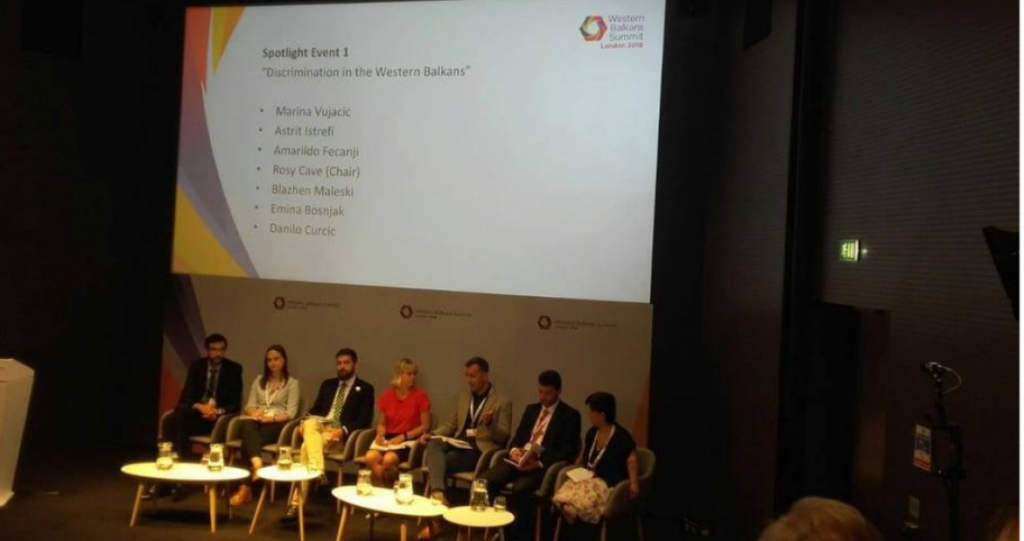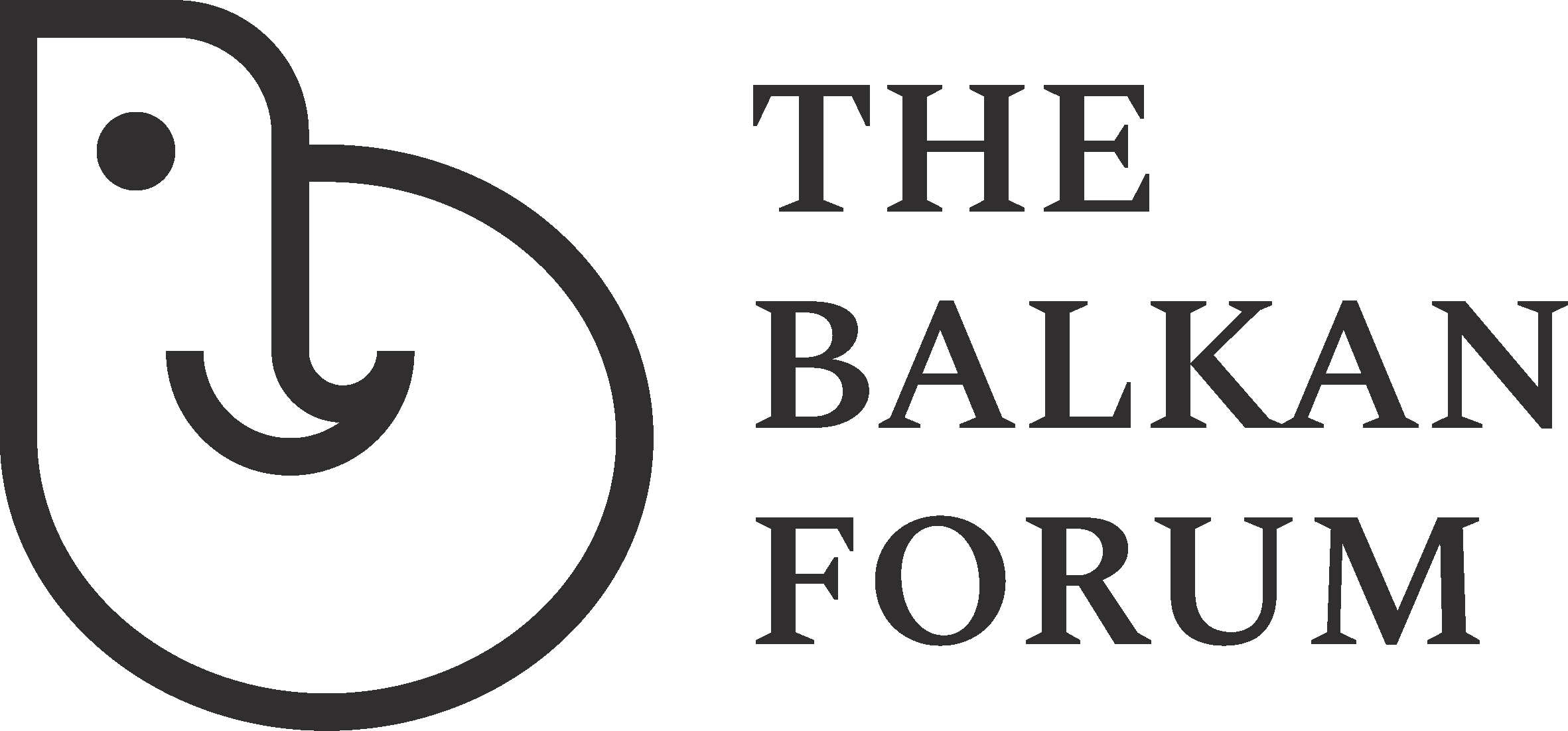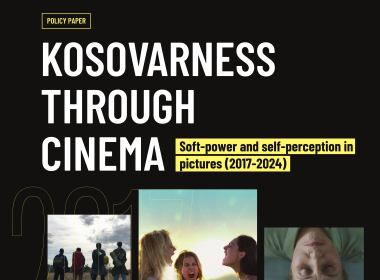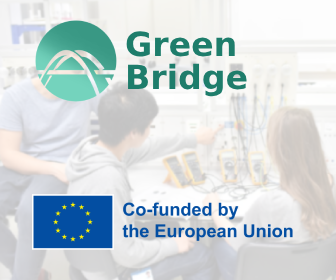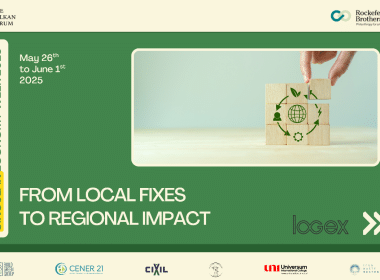Civil Society and Think Tank Forum 2024
From October 9-11, The Balkan Forum joined 115 civil society representatives at the Civil Society and Think Tank Forum 2024, organized by the Aspen Institute and the South East Europe Institute. The event featured a series of impactful activities, including a conference opened by Dr. Anna Lührmann, Germany’s Minister of State for Europe and Climate, with further contributions from Special Representative Manuel Sarrazin, Ambassador René Troccaz, and six ministers from the Western Balkans.
One of the forum’s highlights was a workshop titled “Enabling Spaces for Civil Society,” which fostered high-level exchanges between decision-makers and civil society representatives. Additionally, participants presented a comprehensive mapping study, “10 Years of the Berlin Process,” to leaders of the Western Balkans, emphasizing the decade-long journey and progress made under the initiative.
The 2024 Berlin Process Summit focused on key regional milestones, including the advancement of CEFTA agreements, the release of a new Common Regional Market Plan, and the establishment of a fifth regional mobility agreement. Further supporting regional cooperation, Kosovo announced the abolition of its visa regime for Bosnian and Herzegovinian citizens, effective January 1, 2025.
This event provided a valuable platform for networking, where representatives could connect with like-minded individuals and explore new avenues for future collaboration.
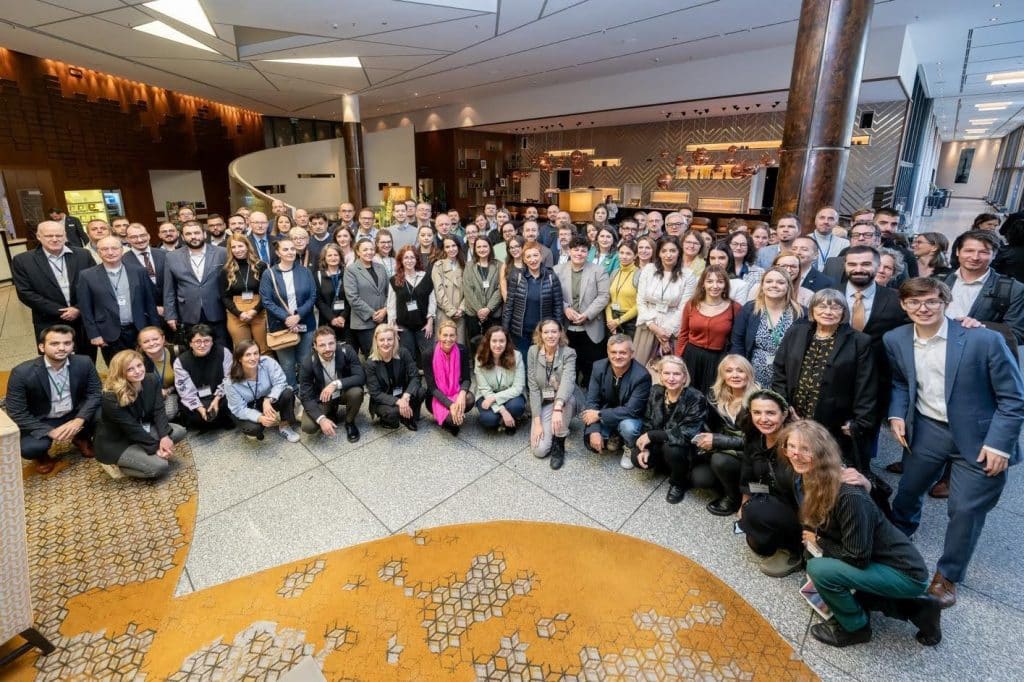
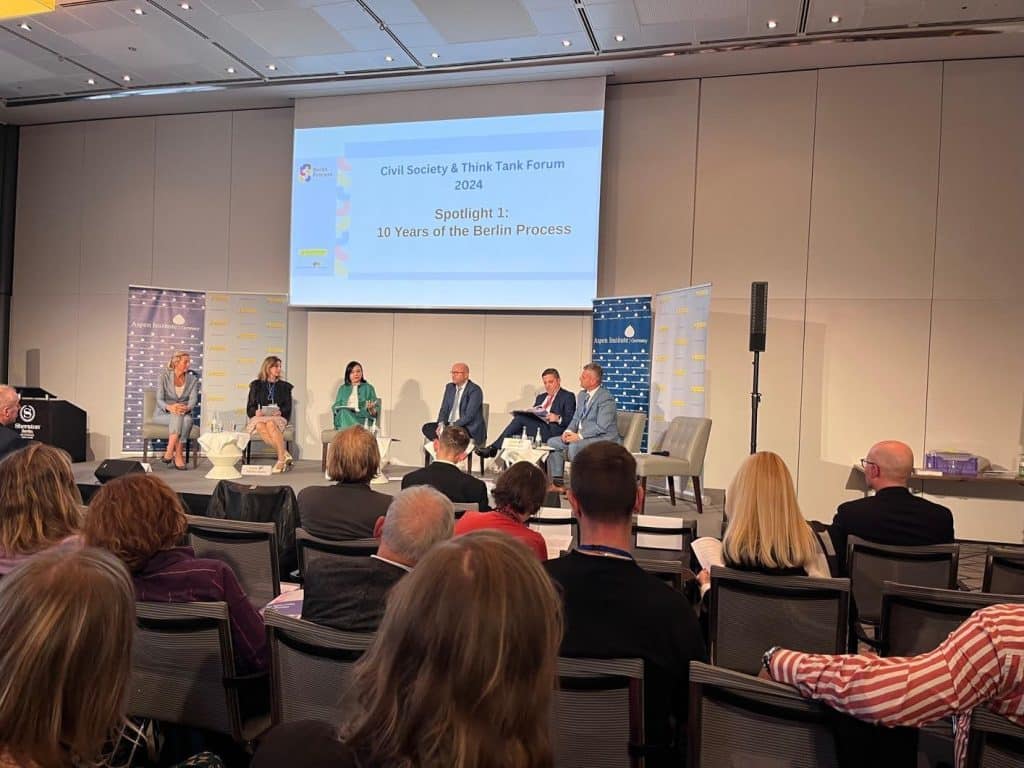
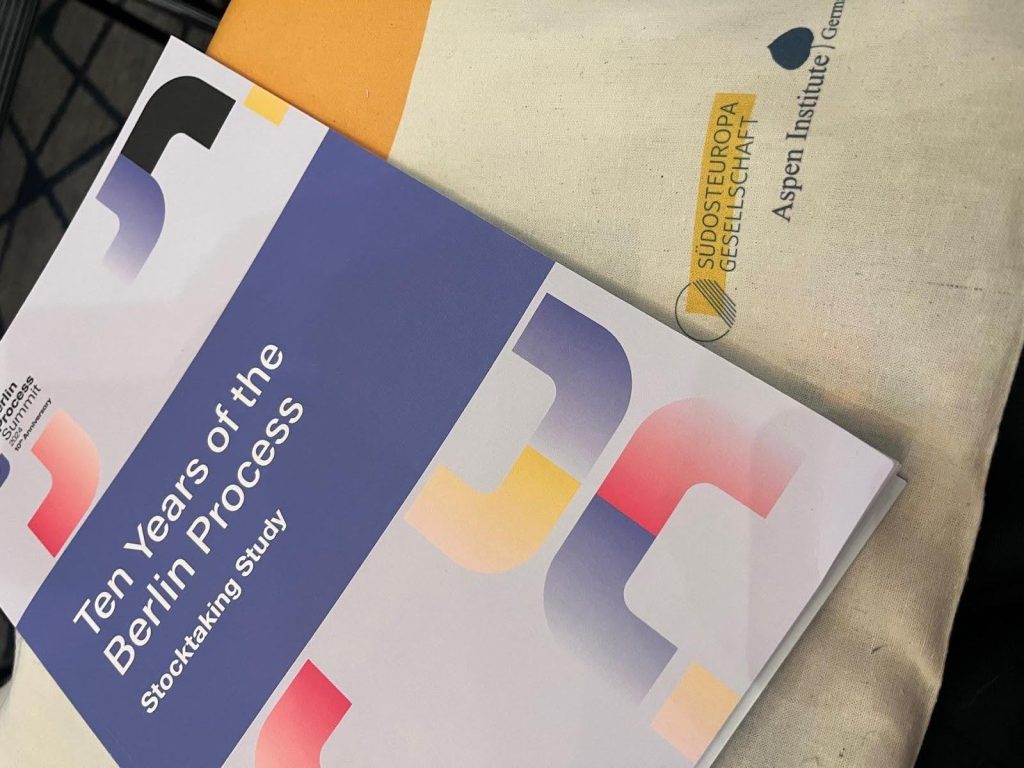
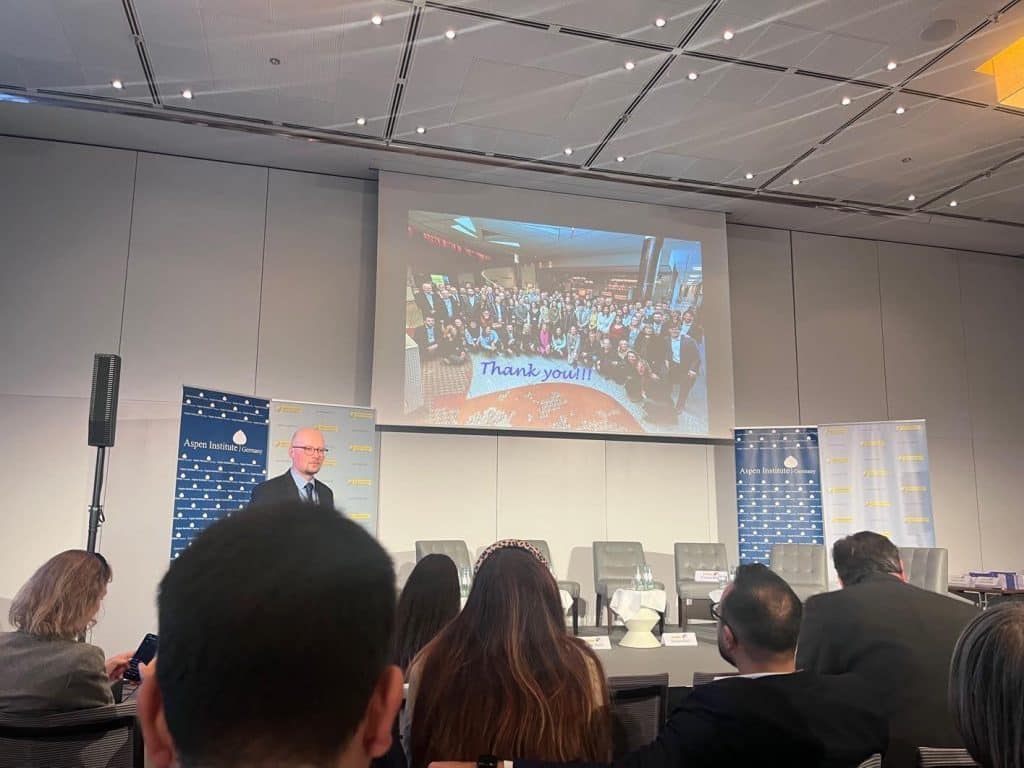

CIVIL SOCIETY PLATFORM FOR DEMOCRACY AND HUMAN RIGHTS
About us
In the lead up to the London Summit held on 9 and 10 July 2018, the Civil Society Organizations (CSOs) from the Western Balkans (WB) put together and shared with the CSOs and government officials from the WB as well as with organizers and other actors participating at the Summit, a platform for a regional civil society organization (see below) that will assume greater responsibility for monitoring Berlin Process agendas and holding our governments accountable for implementing recommendations from the Berlin Process Summits and meeting EU integration criteria.
The work of CSOs from the region with the Western Balkans 6 (Albania, Bosnia and Herzegovina, Kosovo, Macedonia, Montenegro, Serbia) has provided an important starting point for developing regional relationships, forming networks, and bringing a regional framework to our country-specific work. It is now time to formalize and structure a regional civil society body that is empowered to play a greater role bringing about critical changes that will intervene in authoritarian governments under state capture and build the social, political, and economic foundations of democratic societies based on human rights and rule of law.
Civil society will self-organize meetings to advance our organizational structure and strategically plan for 2019 and beyond. We look forward to working with governments of the region, donors, CSOs, and other actors as we move forward to create an empowered civil society that will be able to contribute significantly to the reform and development of the Western Balkans.
CIVIL SOCIETY PLATFORM FOR DEMOCRACY AND HUMAN RIGHTS
As noted in the 2017 – 2019 House of Lords Report on the UK and future of the Western Balkans, “Instability in the region is driven by serious and deep-rooted governance challenges” – challenges which have been compounded by the practice of supporting stability over democracy. This has contributed to a rising “stabilitocracy” through which authoritarian governments have consolidated “their patronage networks, ensuring near invincibility at elections in years to come” (https://publications.parliament.uk/pa/ld201719/ ldselect/ldintrel/53/53.pdf). On the one hand, many are looking to civil society as the corrective for this, but, on the other, civil society has remained relegated to a consultation paradigm, lacking the teeth necessary to counter state capture, evolve inclusive and sustainable governing structures, and entrench strong democracy institutions. In a situation of escalating tensions, third party destabilization, endemic corruption, and increasing polarizations within and amongst countries, it is time for a coordinated regional civil society – the people of the Western Balkans, who share a common history – to assume a leadership position in which we work together to deal with problems of the past and create a peaceful future.
Our civil society platform assumes this responsibility. At this summit, governments will be making commitments to support the Western Balkan countries on their path to EU integration. But the Berlin Process has no built-in steering and monitoring mechanism and hosting member states, ad hoc, have no authority to act in an oversight capacity. The Civil Society Platform fills this gap – we commit to working, in tandem with governments and international partners, to hold ourselves and our governments accountable for advancing the social, economic, and political agendas for EU integration. To this end, the UKs role hosting and facilitating the London Summit provides an important opportunity to raise the profile of engagement with CSOs, both in setting the agenda for engagement at the Summit and for coordinating, through UK Embassies in the region, with CSOs to ensure accountability of governments, CSOs, and international bodies in monitoring implementation of the Summit’s recommendations.
With almost thirty years of capacity building, we have the expertise – and as importantly, the will – to move our countries forward. For us to take this role, it is imperative that, at this summit, we develop a plan for removing the barriers to a coordinated regional civil society (such as visa restrictions on traveling and telecommunications regulations that prevent communication amongst Balkan countries).
In its new role outside of the European Union but as a partner to the EU and Western Balkans, the UK is at the beginning stages of finding innovative new ways of coordinating and cooperating with the EU and bilateral partners. Working with a coordinated regional civil society is an important component of these new partnerships. Each of us, working on our own mandates, shares common principles for advancing the social, economic, and political dimensions of the Berlin Process connectivity agenda. By maintaining open and regular communication and information sharing, our platform for democracy and human rights allows us to bring our local expertise to a regional network that works collaboratively to solve our joint problems.
To this end, the Civil Society Platform pledges:
• To work across borders and sectors, in support of each other and government, to co-develop the region, not as fragmented actors working on short-term projects, but as visionaries with skills, knowledge, and expertise that is crucial for breaking the hold of state capture and creating a unified Western Balkans that works, collaboratively and with good will, for a prosperous and secure future;
• To lead by example: shunning inflammatory rhetoric, we will create an environment of political cooperation and uphold the core values of democracy, human rights, and integrity. As models of public diplomacy and regional cooperation that can unite a divided and polarized Western Balkans, our constructive work will set the bar to which governments must rise;
• Looking forward to the next summit in Poland, we will be the institutional memory of the Berlin Process. Building on past accomplishments, we pledge to use the London Summit to consolidate gains and clearly strategize commitments to which governments can agree;
• Between now and the 2019 Poland Summit, we will conduct ongoing assessment and evaluation of progress towards implementing these commitments, and bring lessons learned to co-organizing for next year’s summit.
